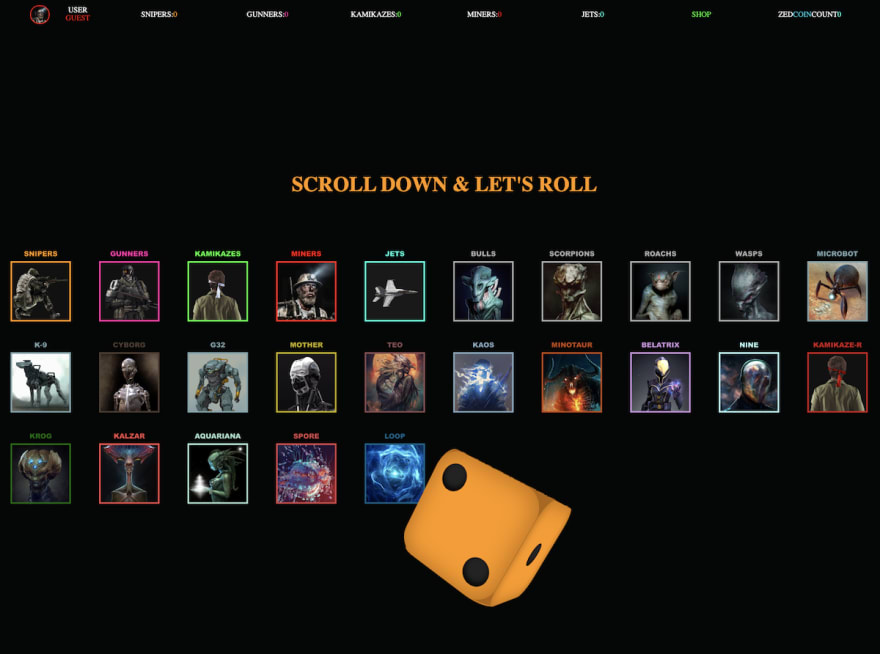It’s the end of the year and it’s a good time to sum up the achievements and reflect on the results. 2019 brought a lot of awesome changes and updates to web development world and JS ecosystem. The biggest one of course was the shift from React class components towards functional ones. As React core teams mentioned, class components are confusing for both people and the machines. And the functional components they are, well, just functions.
We are fully welcoming this change and our students seem to like functional components much more than classes as well 🤷♀️. With the power of hooks we can do all the amazing things we did with classes but in the much more readable and understandable way. Needless to say we’ve already incorporated hooks into curriculum for the JavaScript Full-Stack Bootcamp and using them full on for all the projects we build during the course.
Another change we did was to include the personal portfolio project for each student into the HTML/CSS section, which is coming first in the course. So now from the start everyone has a published portfolio and during the bootcamp we are able to add new projects one by one into it so that by the end of the bootcamp graduates have it fully finished. As I see it, the portfolio website for a developer is basically an online CV with all the projects (codebase and deployed apps) included. It really helps to speed up the job search process which is the last final step of going through this coding experience.
One thing I’d like to share is the excitement we get watching the evolutions of our students from day 0 towards the end of the course. It doesn’t cease to amaze me how in 9 weeks from struggling with solving some relatively simple exercises with loops or conditionals students transform into being able to code complex full-stack apps for web or mobile. For most of them this change is so incredible that they need to see the results to completely believe what they can do.
The format of coding bootcamp is still one of the most amazing and life-changing experience you can think of in the learning industry. It is truly challenging and sometimes stressful but at the same time rewarding and fascinating, opening doors to the dev industry with limitless opportunities. This is where "if you can think it you can build it" is working to the fullest.
It also helps that here in BCS we are focusing on one language — JavaScript — which became so powerful and universal the you can build anything with that. In our case we are using it for the web apps — both front-end and back-end — and native mobile apps for iOS and Android. So the level of abstraction and complexity grows during the course but is also a natural consecutive learning path — from pure JS to web development with React.js and Node/Express and eventually to the mobile apps with React Native. So naturally after the course they can continue to explore desktop development with frameworks like Electron, NWjs, appsJS and such and/or AR/VR development with React Native and React VR.
By focusing on JS we achieve a profound confidence with this language and solid understanding of programming concepts in general which opens the door to learning any other programming language after the course where most of the same concepts are applied.
And one more important thing — going through 9 weeks of intensive learning helps to set your mind into the learning mode which is crucial for any developer, so eventually any library/framework/language could be learned and adopted afterwards.
All in all it was a great year in terms of how many bright and promising students we were able to meet and teach, how many cool and sophisticated projects (Kongsi, anyone?) they build with us and seeing their careers and lives changing would be always the best reward for us.
That’s it for now.
All the best, George








Top comments (0)